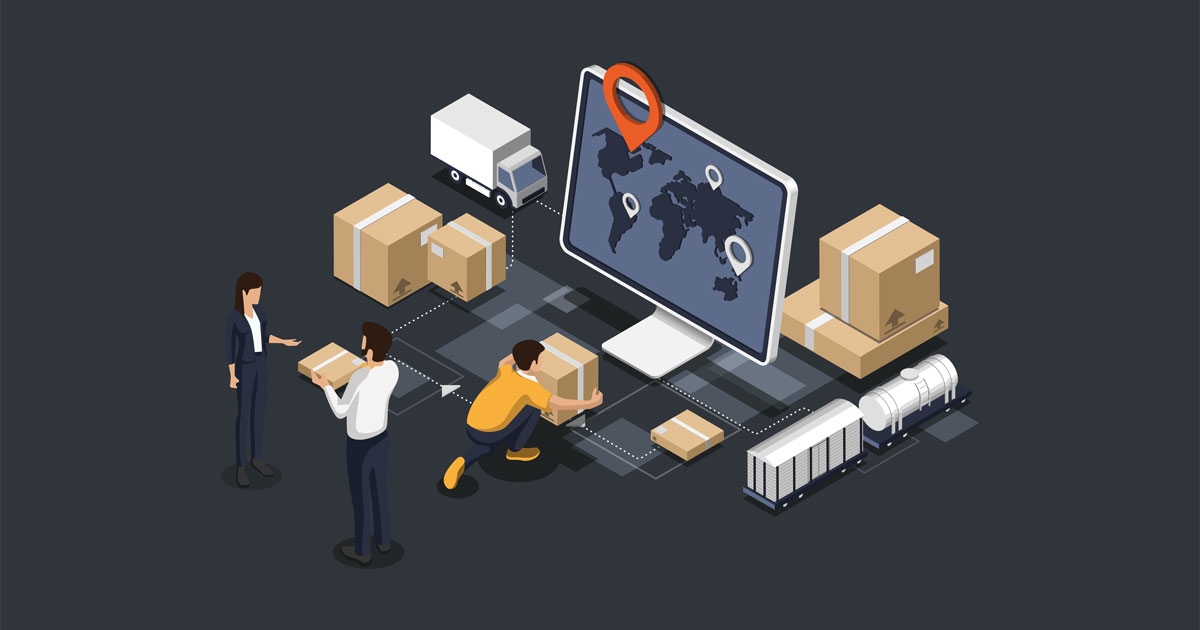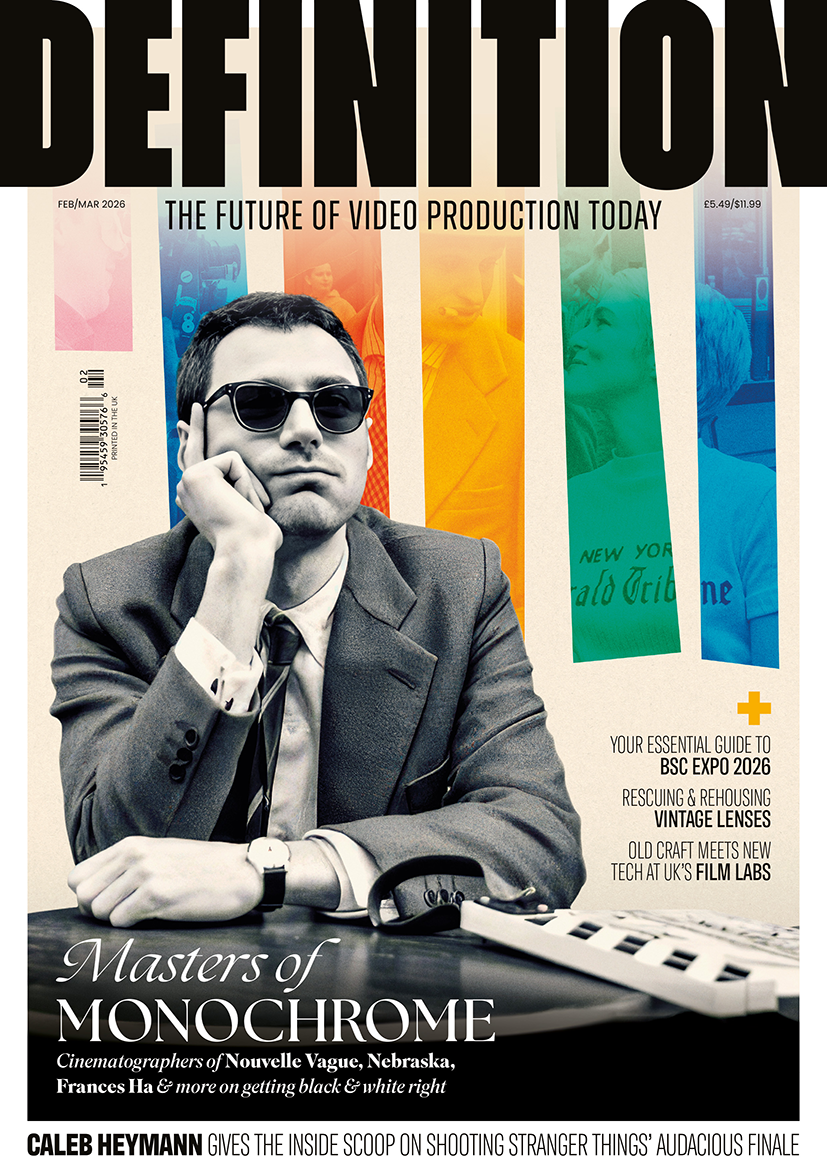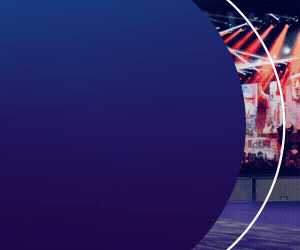
Rental Warriors
Posted on Apr 8, 2022 by Alex Fice
We speak to rental houses – masters behind the flow of equipment churned in and out to create the content we love – to decipher how the industry and technological landscape is evolving
Interview Chelsea Fearnley
In part one of this two-part series, the experts behind the industry’s most esteemed equipment rental companies tell us how they found their niche in a highly competitive market; what the launch of new cameras – like the Sony Venice 2, Arri 4K S35 and Red Raptor XL – means for business; and how the pandemic transformed (and decimated) some operations. Despite so much change, their outlook remains largely positive.
Last time we caught up with equipment rental companies, we were in the throes of a global pandemic and the filmmaking landscape looked quite different. How did it affect business for you? Did it transform the way you work? And are there lessons learnt from it that you still carry out today?
Tom Jay Smith: Arguably the pandemic was the best thing that ever happened to us, being such a young company and expanding so fast. We suddenly had to stop and review. From the first week of lockdown, we met daily as a team on Zoom, and those down months allowed us to refine processes, unite our global team and develop a new sales model driven by long-term rental (LTR). We are a much stronger company post-pandemic.
Jessica Lolliot: The year 2020 got off to a great start, but the pandemic effectively stopped the majority of production for a period of time. We continued to operate throughout with a small team, and supported various unique documentary projects that happened while many productions were halted. It was a big blow, as it was for businesses across our sector and so many others.
Being a forward-thinking company, our IT systems were already VoIP and cloud-based prior to the pandemic, so the transition to working from home was straightforward, with no issues for our bookings team and zero interruption for clients. Operationally, we were a small crew for the majority of 2020, so were able to adhere to strict rules to ensure staff and clients remained safe.
Duncan Martin, Alain Lolliot and I worked across all aspects of bookings, prep and delivery, as we transitioned through the pandemic. We were conscious that this was a uniquely quiet period, and tried to make the best out of it by focusing on positive change. We brought in a new route optimisation software for deliveries and collections, and centralised our booking system across the north and south. We streamlined the business for staff and clients alike, really thinking about what we do best – high-end complex projects, with high levels of technical skill and customer service.
Matt Beard: Business was challenging, but we managed to stay open throughout the whole pandemic. We supported our loyal customers who, in many ways, relied on us more than ever to cope
with ever-changing requirements.
When things were especially quiet, we took the opportunity to refresh and refine our website by adding more content, detail and functionality. We also systematically worked through our entire stock portfolio, renewing and replacing older lines, while building new categories and ranges – in the knowledge we would need to be ready for pent-up demand when things got back to normal.
As the restrictions have eased and productions restarted, our resilience is paying dividends, as we’ve seen a big influx of new customers, as well as maintain our existing customer base.
Dana Harrison: Initially, we had to turn all our focus to an unknown situation and how we were going to return to work safely. Although we changed how our staff were physically interacting with each other on site, long term I don’t think it has drastically changed the landscape of the rental business, now that the restrictions have been lifted. What the pandemic did do was push us towards mostly electronic processes in daily operations. With people working from home, we had to adapt quickly and become paperless.
One of the biggest changes that we’ve seen – because the pandemic was dramatic in so many ways – is that we’ve tried to teach ourselves the importance of work-life balance, which is especially difficult in this business. We have not gone back to our pre-pandemic 6am to 10pm working day; we’re going to continue to close at 8pm. The pandemic pushed us into reducing our operating hours after lockdown, mainly for safety reasons, but we quickly realised that we could still offer the same level of service, while giving our staff the benefit of more sociable hours. We’ve stuck with reduced prep shifts because our staff deserve to go home. We don’t do Saturday shifts any more.
Matt Marner: The pandemic seriously affected our business – both financially and mentally. However, it did give us time, and we used that to completely restructure our business. For decades, most of our work has been with rental houses, but from time to time we still rented equipment to production companies and DOPs. We made the decision to go ‘B2B’ – and only rent our equipment to other rental houses around the globe. One of the greatest lessons we have learnt is to keep things simple, and we have no intention of changing that belief any time soon!
Sadly, quite a lot of equipment rental manufacturers went bust during 2019-2021. Do you think it an issue with lack of support/funding? Has anything changed?
Lolliot: While we focused on the positive and made the best of the downtime in 2020 – and indeed some of 2021 – it would be naive to think it was not an incredibly difficult period. Our industry, like many others, requires consistent work and a steady cash flow. Anyone making investments at the start of 2020 would have struggled to recoup any return on them. I am sure for many companies, as with ours, furlough was heavily relied upon – and without it, we would be in a very different position now.
As a small, independent company, we had no large pockets to lean on. The landscape has completely changed and we are, of course, being more cautious with investments, while ensuring we have the right stock for the right projects. We had positioned ourselves to have a wide client base, and I cannot praise our entire team enough for digging deep through the last few years to support the business.
Beard: I wouldn’t like to offer advice, sage or otherwise. Each situation will have its own contributing factors to consider. Given the circumstances, the support available from the government through CBILS and furlough is to be applauded; less so the attitude of the banks. Many of them seemed to wince at the thought of offering any loan, but were also happy to exploit the desperate situation some found themselves in, through higher interest rates and unrealistic guarantees. Sadly, I don’t think the industry is out of the woods yet, and for some, those loans have only delayed the inevitable and will eventually take their toll.
Read the rest of the article here.









